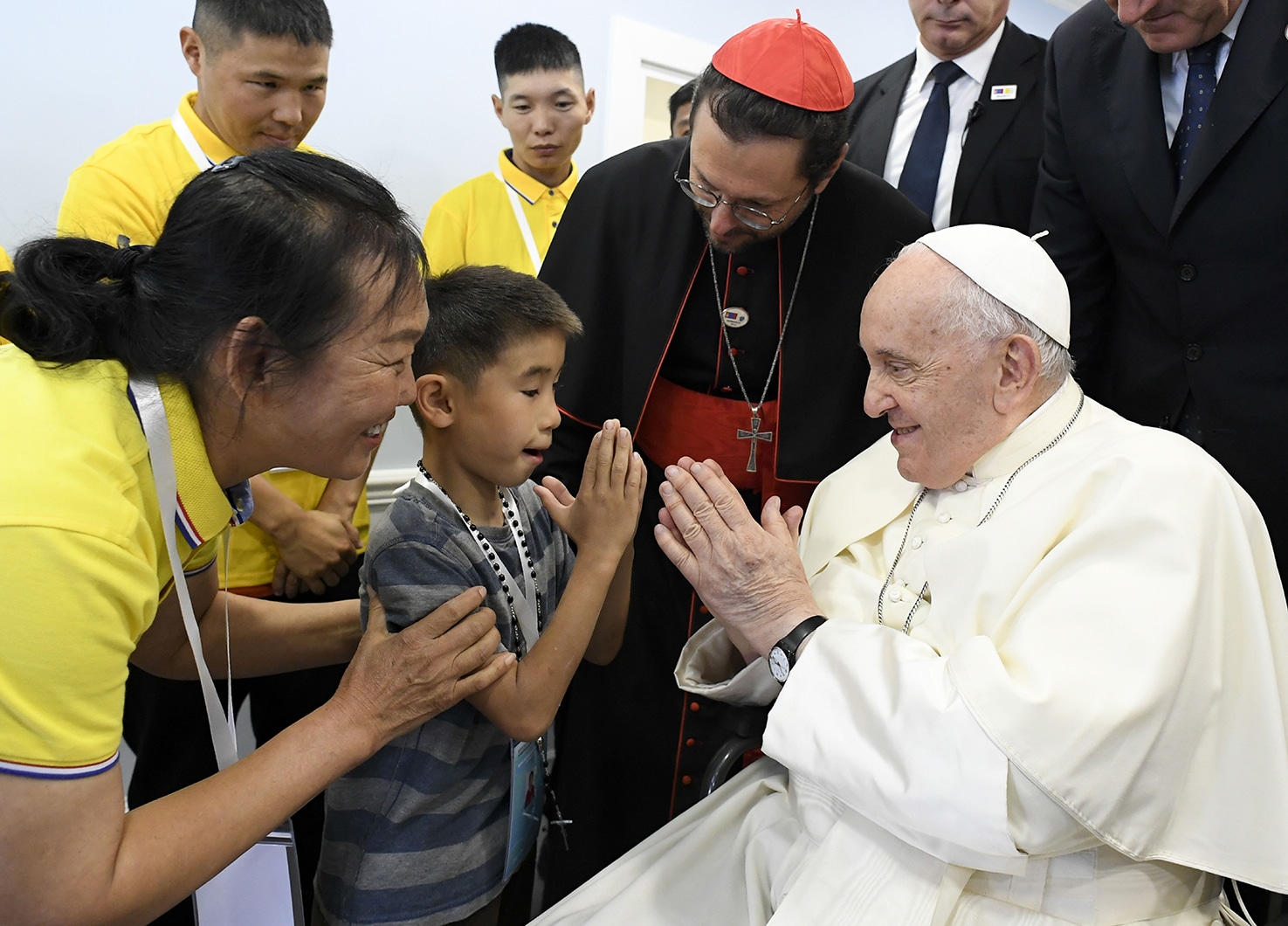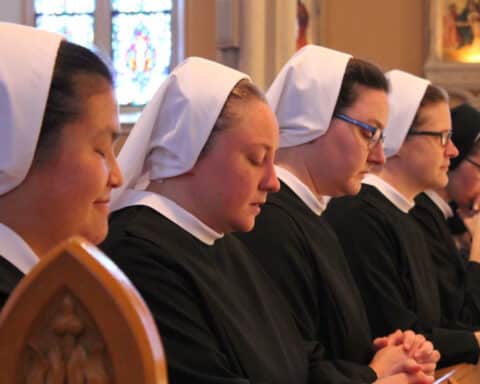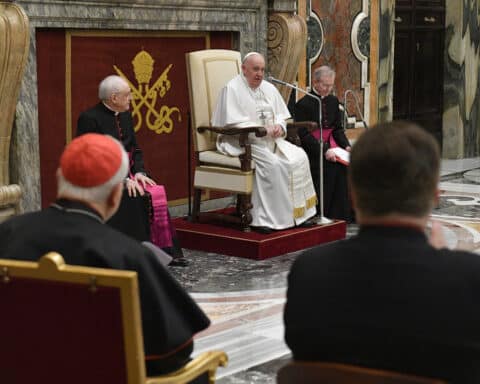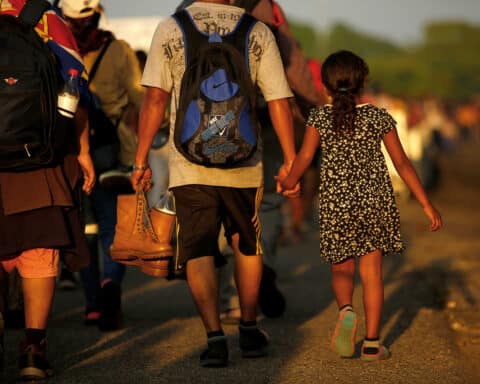When I’m not traveling and instead head to work at National Review’s midtown Manhattan offices, I often pass the Roosevelt Hotel. It shut down sometime during COVID-19, but began being populated again recently. It’s a processing point for people who have come over the border illegally. And, yes, I’ve noticed young men, but I can’t unsee the families with small children. There was a father one recent midday holding onto his wife and two children outside, looking like he had no idea what their future holds. They presumably came because they heard there would be options for flourishing. He clearly was having his doubts.
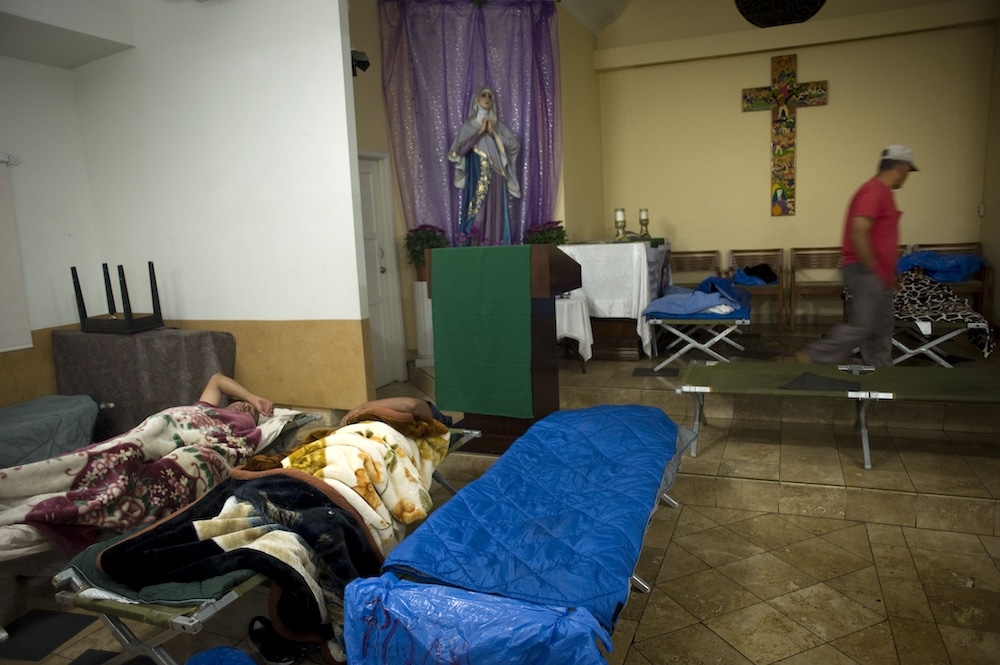
A home, not a house
Pope Francis during his historic trip to Mongolia blessed the opening of a new homeless shelter called the House of Mercy. He emphasized that the charitable effort is a home, not a house. That does make a difference. I’ve noticed what people on the streets here will consider a home — squatter’s rights in an alleyway after a month. A young man told me the work he had put into that. I often wonder what more we can do to help a young man who does not want to rely on handouts, but tells me he doesn’t know where he was born to get basic documentation to work. (He says his mother won’t take his calls to answer simple questions, since she told him she wished he had never been born.)
“This House of Mercy is meant to be the point of reference for a variety of charitable works: hands outstretched toward our brothers and sisters struggling to navigate life’s problems,” Pope Francis said in Mongolia. “A safe haven, in other words, where people can find a listening ear and an understanding heart.”
He added: “I very much like the name you chose to give it: the House of Mercy. Those two words contain a definition of the Church, which is called to be a home where all are welcome and can experience a higher love that stirs and moves the heart: the tender and provident love of the Father, who wants us to be brothers and sisters in his house.”
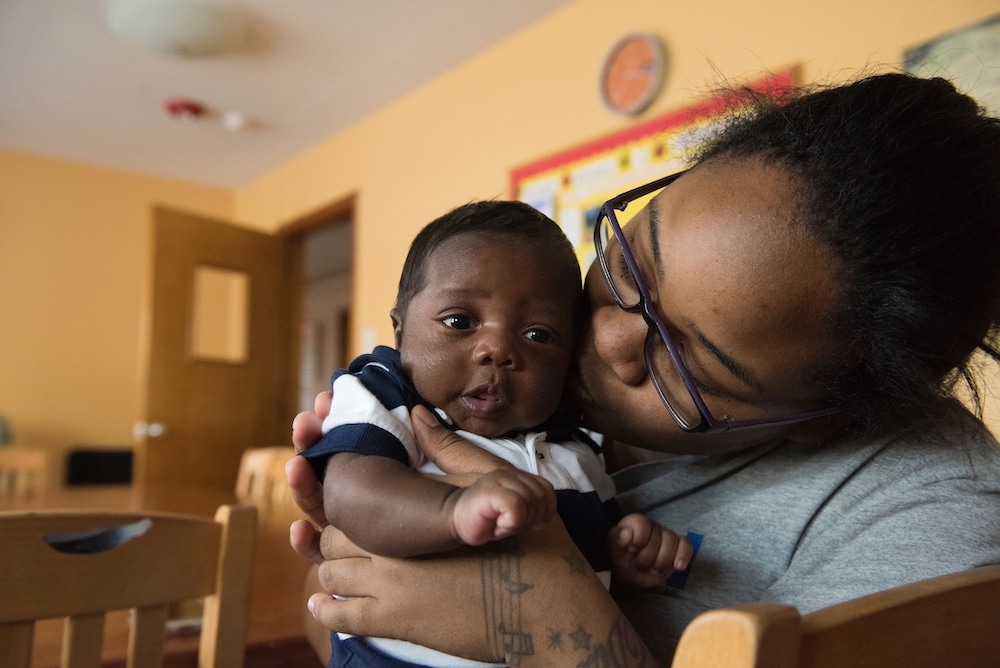
Support for moms
Here in New York, people don’t want immigrants who made their way over the border illegally in their backyard, and the presidential primary season is a time for candidates to prove their political purity on abortion. There is debate over a 15-week federal ban vs. letting the states decide. The more important question for most of us in our post-Dobbs reality is: What am I doing to be a house of mercy? Am I supporting a local pregnancy center that will help women actually make a choice for life, rather than be pressured to abort her child? Am I a person a woman or girl can come to when she discovers she is pregnant in less-than-ideal circumstances? Am I a person of means thinking about what single mothers need? They need housing, all too often, by the way. So how about starting a maternity home? I know women who have done as much!
Making a home
When our judgment comes, I don’t think we’ll be asked so much about our voting record as about our acts of mercy.
I found myself wishing I could actually speak Spanish to ask that forlorn father outside the Roosevelt what he needed, what he came here looking for, what would be a mercy for him and his family. But there are families born here, too, who we don’t have mercy on. Writer Mary Eberstadt just did one of those two-hour C-SPAN interviews on Book TV talking about her recent book “Adam and Eve After the Pill Revisited” (Ignatius Press, $19.95). Amazingly, she was asked in depth about the impact the sexual revolution has had on our lives. It’s hurt women! It’s hurt men! It’s ended lives! It’s weakened the family! She said such things on secular television!
So what are we going to do about it? People have all kinds of opinions about Pope Francis. But perhaps the Holy Spirit sent him to Mongolia to remind us that we need to be more hospitable. We need to show women we will actually make room in our homes for them if they need it. The most remarkable thing about the Russian war on Ukraine is how Polish families have welcomed their neighbors — who don’t even speak the same language.
Mercy. What does that look like? How can we look at people — the immigrant (even illegally here), the pregnant single mother, and everyone — with less political rancor and more love?

